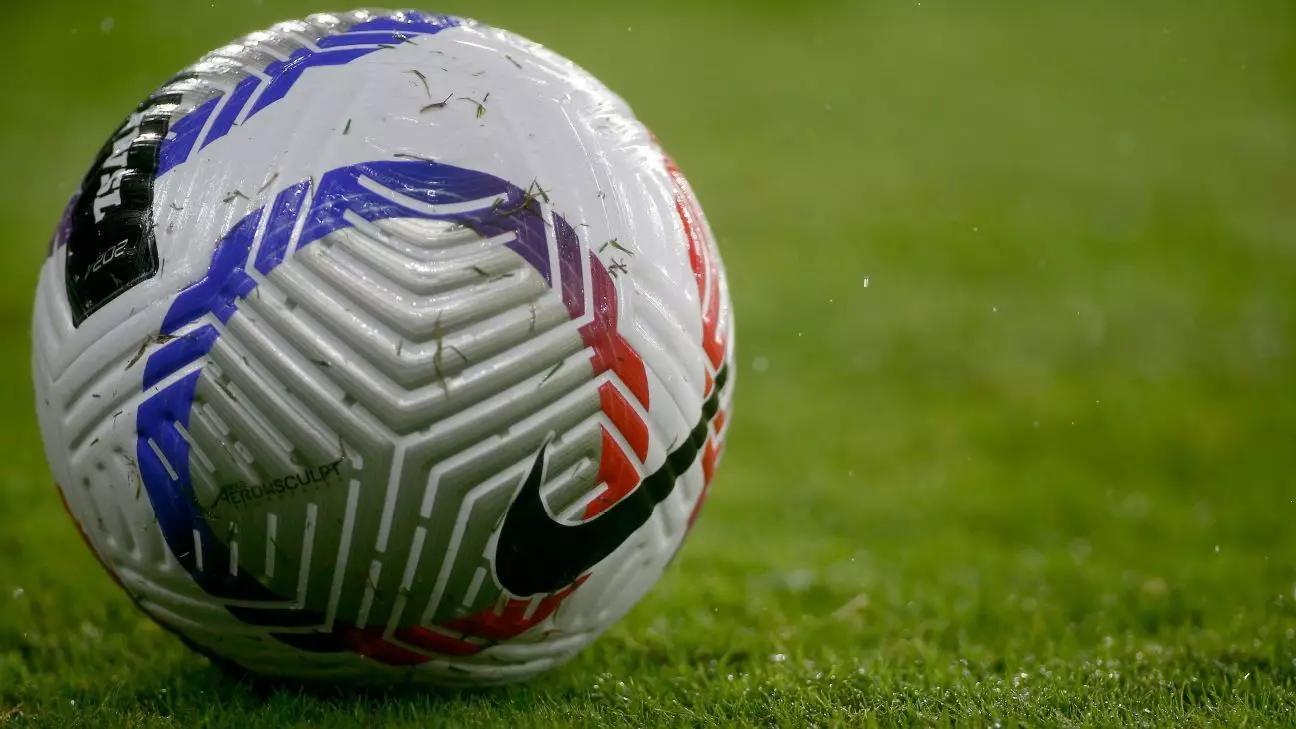The world of women’s professional soccer is once again under scrutiny as a series of distressing allegations come to light surrounding the San Diego Wave FC. Recently, five former employees of the club filed a lawsuit in San Diego Superior Court against both the team and the National Women’s Soccer League (NWSL), citing an array of serious claims, including discrimination, sexual harassment, retaliation, and wrongful termination. These claims have reignited discussions about workplace safety and the culture within professional sports, particularly for women. The lawsuit builds on prior allegations made by former employee Brittany Alvarado, asserting that team leadership has cultivated a toxic work environment.
The claims against San Diego Wave FC encompass a broad spectrum of malfeasance within the organization. Brittany Alvarado first raised concerns last summer, pointing towards a hostile atmosphere overseen by President Jill Ellis. The Wave swiftly dismissed these charges, going so far as to initiate a defamation lawsuit against Alvarado, accusing her of fabricating damaging statements. Although Ellis is not a defendant in the latest lawsuit, it is evident that her leadership style is under scrutiny as the legal battle unfolds.
The lawsuit alleges that multiple employees sought assistance from the NWSL, indicating systemic issues within the organization. Notably, it highlights that the league’s handling of complaints has been anything but robust, underscoring a failure to document allegations properly and to launch independent investigations where necessary.
Among the most disturbing segments of the lawsuit is the account of a former employee identified as Jane Doe, who alleges that she was sexually assaulted by a colleague shortly after her hiring. Jane Doe purportedly refrained from reporting these incidents out of fear of retaliation—a common theme in cases of workplace abuse. The gravity of her situation escalated after she confided her trauma to a manager, only to find herself on leave the next day and subsequently terminated three days later.
This unsettling narrative indicates a complete disregard for the employee’s well-being and raises questions about the club’s response to reported trauma. Instead of providing avenues for support, the Wave allegedly directed Jane Doe to a workers’ compensation injury form, which reflects a deeply misguided approach to addressing serious allegations of sexual misconduct.
The NWSL’s handling of the accusations has also come under fire, particularly its approach to investigating the claims made by Jane Doe. According to the allegations, league officials expressed that Jane Doe’s choice of language—using “assault” instead of the more diluted term “misconduct”—negatively affected their perception of her credibility. Such a requirement effectively “silences” survivors, forcing them to conform to arbitrary language standards when reporting serious crimes.
The lawsuit mentions two distinct investigations conducted by the NWSL—one from February to September 2023, and the other from February to May 2024. The league acknowledged the latter investigation, which was initiated in response to earlier disclosures made by Brittany Alvarado regarding the workplace environment.
Meanwhile, the NWSL has asserted that it prioritizes the safety and well-being of its athletes and employees, claiming to hire independent investigators to address all allegations. Their championing of comprehensive reforms, initiated following extensive investigations that unearthed “systemic” abuse throughout the league, is commendable. However, the persistence of these troubling claims raises doubts about the efficacy and sincerity of these reforms.
As the legal proceedings continue, the implications of the lawsuit extend beyond the confines of San Diego Wave FC. They reflect a broader issue in the landscape of women’s sports, where the safety and dignity of employees should be paramount. The chilling accounts of discrimination and misconduct highlight a pressing need for profound cultural change within the league and its franchises.
Only through proactive measures—transparent investigations, stronger protections for employees, and accountability for misconduct—can the NWSL hope to regain trust among its players and staff. The voices of those affected must not only be heard but also acted upon, ensuring that no individual is subjected to an environment where abuse and discrimination are tolerated. The ongoing legal battles serve as a crucial reminder of the work that remains in order to foster a sports culture that supports and protects everyone involved.


Leave a Reply